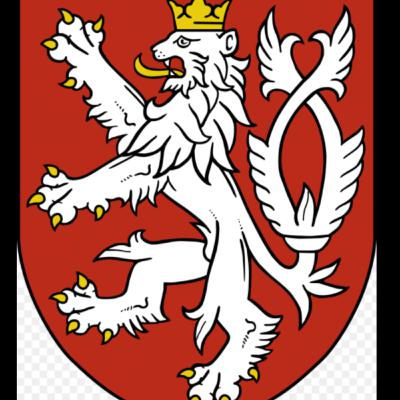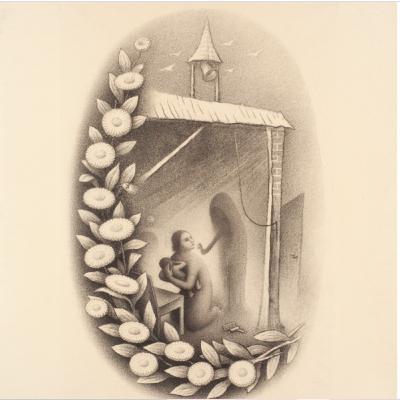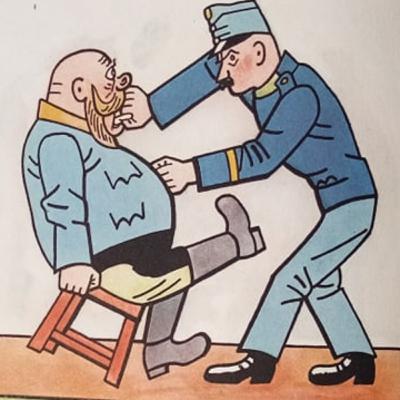Episode 3: Two Hebrew Words Whose Czech Meaning Will Shock You!
Description
What do Czech words “kus” and “neshika” have in common?
Word count episodes 1- 3:
21. Kus ( [kʊs], a piece)
In this section we are going to take a look at words that have a negative meaning in one language, but in another language the meaning is positive. One such an example is the word “kus.” While in Hebrew “kus” is a cuss word, in Czech you may use it in every polite conversation. “Kus” means a piece of something. In a real life situation, you may go to the fruit section in a supermarket and see a label “avokado, 39Kč/ 1 kus”. That means that you should be careful, this is the price per piece, not per kilo.
Czech numbers:
jeden kus - one piece
dva kusy - two pieces
tři kusy - three pieces
čtyři kusy - four pieces
pět kusů - five pieces
šest kusů - six pieces
sedm kusů - seven pieces
osm kusů - eight pieces
devět kusů - nine pieces
deset kusů - ten pieces
* I will record the pronunciation of these numbers ASAP.
22. Nešika
The noun neshika means “a kiss” in Hebrew, but in Czech it refers to someone who is clumsy. Look at the sentence below. How would you translate this sentence? You will find the correct answer in the audio:
a. Brácha je nešika. My brother has butter-fingers.
When looking at the Czech noun nešika, the suffix “ne- ” negates the word, it gives the word a negative meaning. The positive adjective "to be talented" is “šikovný” for male singular, “šikovná” for female singular, and “šikovné” for neutral gender.
Male gender: Šikovný student - a talented male student
Female Gender: Šikovná studentka - a talented female student
Neutral Gender: Šikovné dítě - a talented child
Notice that the “ý” ending of an adjective refers to the male singular form, the “á” ending refers to the female singular form, and “é“ in the expression "šikovné dítě" forms a neutral gender. It is independent of the actual gender of objects. For instance, the word “dítě (child)” will always take the neutral gender, regardless whether the child is a girl or a boy.
We form a negation with the prefix "ne- "
Male gender: nešikovný student - an un talented male student
Female Gender: nešikovná studentka - an untalented female student
Neutral Gender: nešikovné dítě - an untalented child
A small test, episodes 1 - 3: how would you translate the following sentences? Find the answers in the description of the next episode
a. Líbí se mi šikovný brácha.
b. Nelíbí se mi nešikovný brácha.
c. Jsi nešika.
d. Milý šikovný student!




















